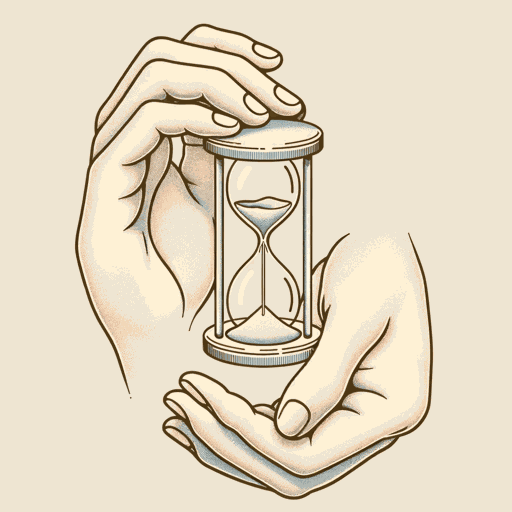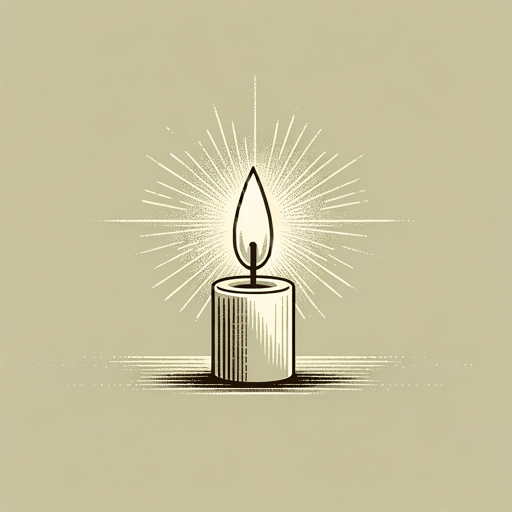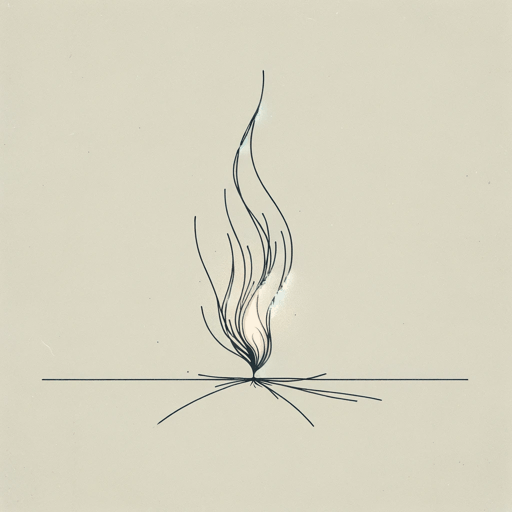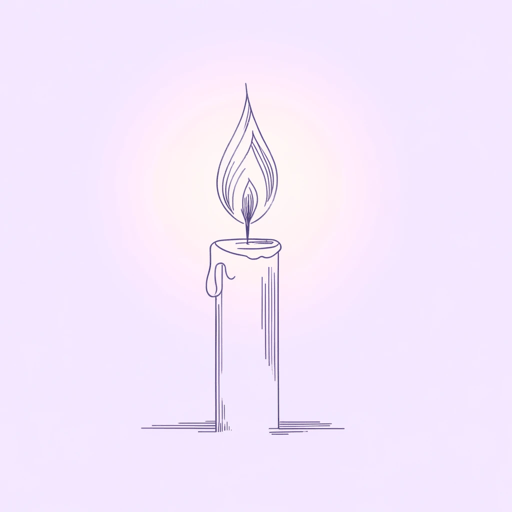27 pages • 54 minutes read
Elie WieselHope, Despair and Memory
Nonfiction | Essay / Speech | Adult | Published in 1986A modern alternative to SparkNotes and CliffsNotes, SuperSummary offers high-quality Study Guides with detailed chapter summaries and analysis of major themes, characters, and more.
Literary Devices
Paradox
A paradox is a truth that contains an internal contradiction. This speech contains several paradoxes. Wiesel notes that he and other Holocaust survivors must live with an internal contradiction: remembering the horrors of the Holocaust while forgetting it enough to carry on. This paradox overlaps with Wiesel’s belief that in order to aspire to a better future, humanity needs to preserve its past; the past and future aren’t opposites but intertwined through The Alliance of Hope and Memory to Avoid Despair. Similarly, Wiesel calls Job’s rebellion against God an act of faith because it implies a belief that things could be different (and better). This segues into the speech’s final paradox: Wiesel’s call to continue resisting injustice even though defeating it is impossible: “There may be times when we are powerless to prevent injustice, but there must never be a time when we fail to protest” (29).
Related Titles
By Elie Wiesel






